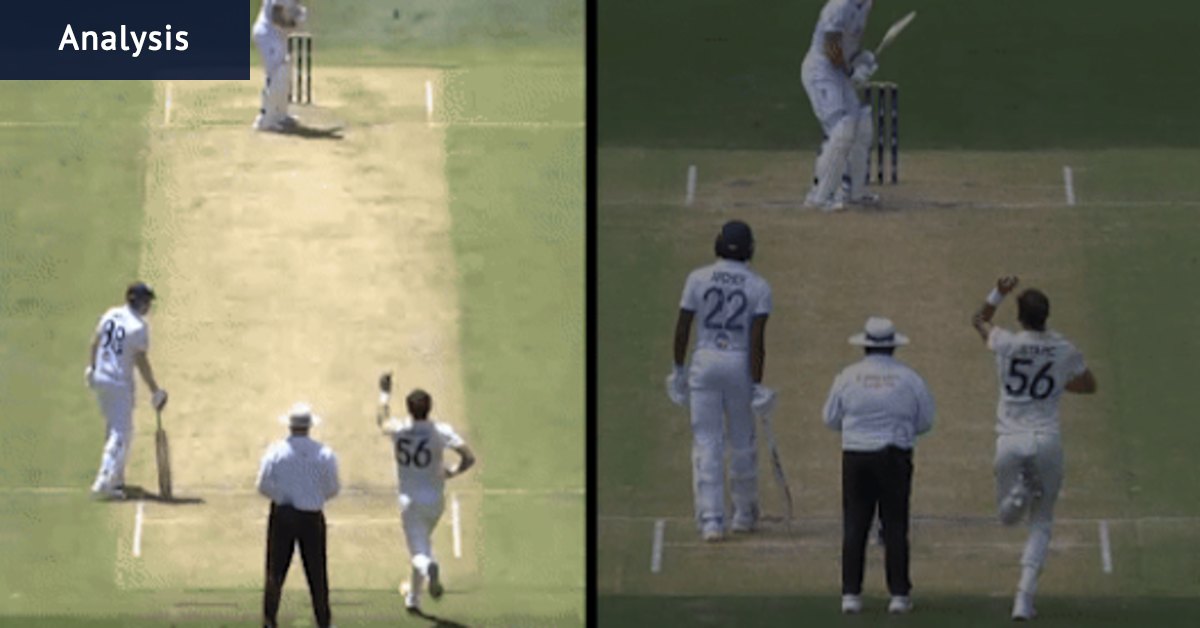
In a recent interview with Sky News Australia’s Sharri Markson, Israeli Prime Minister Benjamin Netanyahu addressed a range of topics, from international relations to media portrayal of Israel. The interview, which aired on Thursday night, has sparked discussions about the nature of political interviews and the role of media in shaping public perception.
Markson’s questions allowed Netanyahu to elaborate on his views without significant challenge, leading some critics to label the interview as a platform for the Prime Minister’s talking points rather than a probing journalistic endeavor. The analogy drawn between Hamas and the Nazis before World War II, with a reference to global “appeasement,” was a central theme. Netanyahu compared current global attitudes towards Hamas to the appeasement of Hitler in the 1930s, a comparison that Markson facilitated in her questioning.
Media Criticism and Historical Analogies
The use of historical analogies in political discourse is not new, but it often invites scrutiny. Netanyahu’s comparison of Hamas to the Nazis is a stark one, designed to evoke strong emotional responses. “It’s appeasement, pure and simple,” Netanyahu stated, echoing sentiments that have been expressed in various political contexts over the years.
Such analogies can be powerful rhetorical tools, but they also risk oversimplifying complex geopolitical situations. Critics argue that these comparisons can detract from nuanced discussions about the Israeli-Palestinian conflict and the broader Middle East dynamics.
The Role of Media in Political Interviews
The interview has reignited debates about the role of media in political discourse. Interviews that fail to challenge political leaders can be seen as missed opportunities to hold them accountable. Markson’s interview style, which some perceive as uncritical, raises questions about journalistic responsibility and the balance between access and accountability.
According to media analysts, the interview reflects a broader trend where media outlets sometimes prioritize access to high-profile figures over rigorous questioning. This trend can lead to the dissemination of unchallenged narratives, influencing public opinion and policy discussions.
Expert Opinions on Media Objectivity
Media experts emphasize the importance of critical questioning in political interviews. “Journalists have a duty to challenge leaders, especially on contentious issues,” says Dr. Emily Carter, a media studies professor. “Failing to do so can result in the media becoming a mouthpiece for political agendas.”
Dr. Carter’s views are echoed by other media critics who argue that interviews should serve as platforms for accountability, not just publicity. The balance between maintaining access to political figures and providing critical coverage is a delicate one that media outlets must navigate carefully.
Implications for Future Media Practices
The Sky News interview with Netanyahu highlights the ongoing challenges in political journalism. As media landscapes evolve, the tension between access and accountability remains a critical issue. Interviews that prioritize one over the other can shape public discourse in significant ways.
Looking forward, media outlets may need to reassess their approaches to political interviews, ensuring that they fulfill their role as watchdogs of democracy. This may involve adopting more rigorous questioning techniques and prioritizing journalistic integrity over access to high-profile figures.
As the media continues to play a crucial role in shaping public perception, the need for balanced, critical, and informed journalism has never been more important. The Sky News interview serves as a reminder of the power of media to influence political narratives and the responsibility that comes with it.






